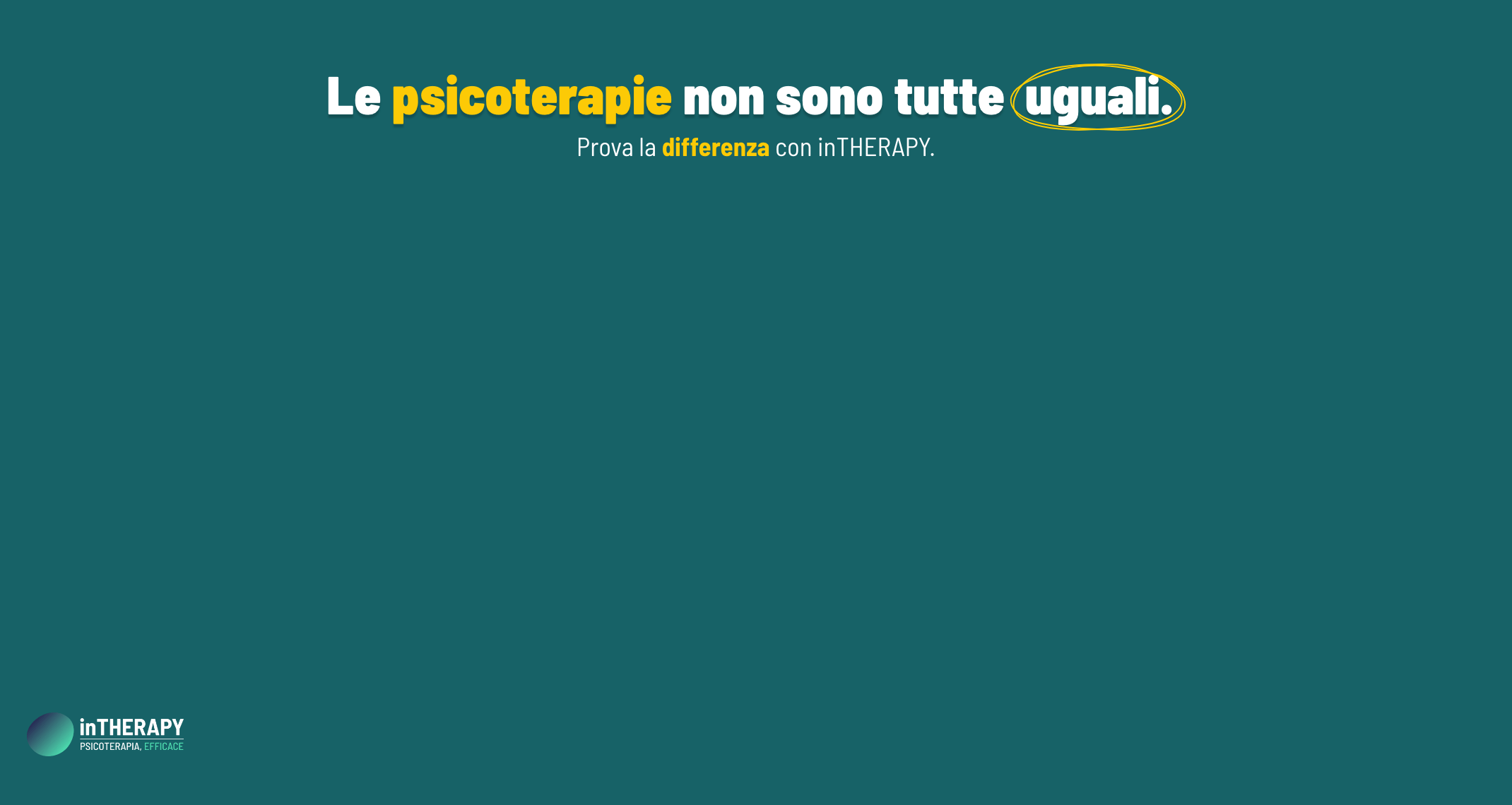EUROPEAN JOURNAL OF PSYCHOANALYSIS
LINK TO WEBSITE

But the European Journal of Psychoanalysis will publish not only translations, but also papers by English-speaking contributors whose works are close to European currents and “styles”. The Journal of European Psychoanalysis will also include philosophical, anthropological, literary and historical contributions. Psychoanalysis has practical, ethical, and theoretical implications relevant not only to clinical practice, but also to politics and social policy, philosophy, cultural studies and the social sciences. This is why the first three issues included papers by many authors who work (exclusively or also) in fields other than psychoanalysis, such as Jacques Derrida, Julia Kristeva, Philippe Lacoue-Labarthe, Jean-François Lyotard, René Major, Ignacio Matte Blanco, Mario Perniola, Elisabeth Roudinesco, Isabelle Stengers, Paolo Valesio, Jean-Pierre Vernant, Yosef Hayim Yerushalmi, etc., as well authors mainly involved in clinical practice such as Françoise Dolto, Otto Kernberg, Serge Leclaire, Zvi Lothane, etc. The journal will provide an international forum for the exploration of the frontiers of psychoanalytic inquiry, giving voice to diverse perspectives, research, and clinical practice which link and transform the many partial understandings.
Sergio Benvenuto – Founder and co-editor




